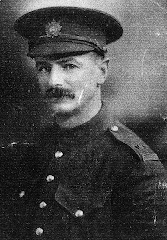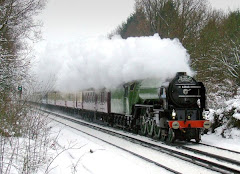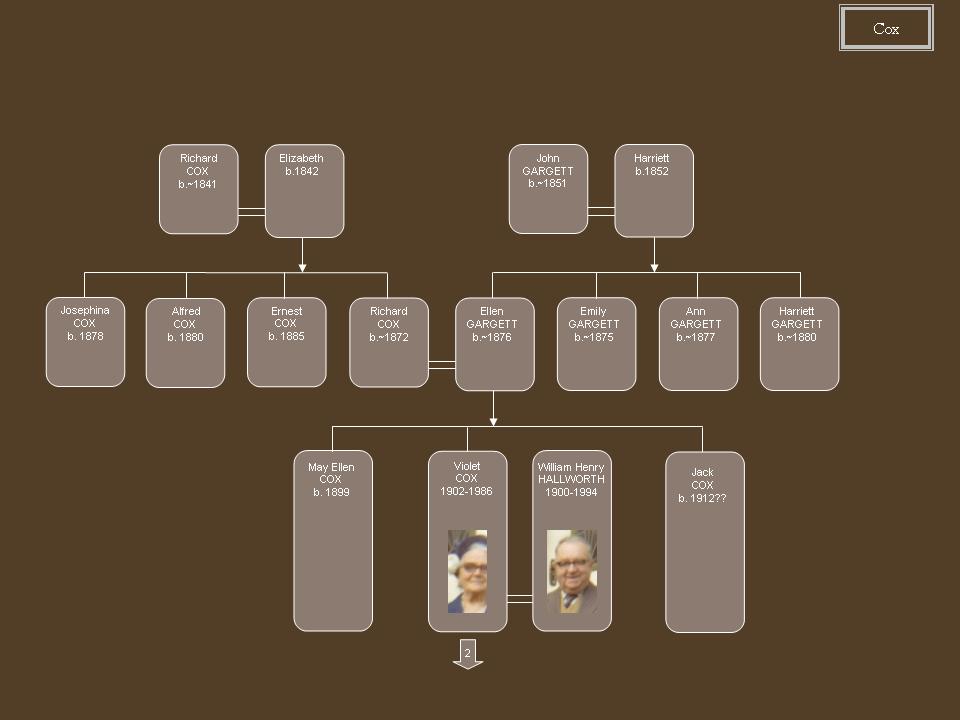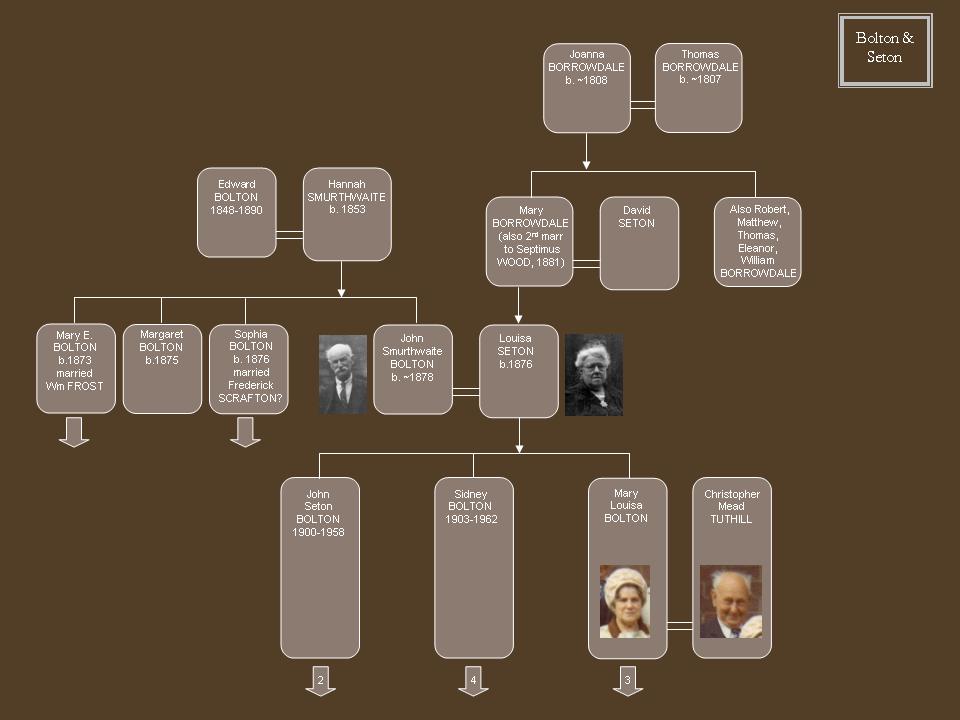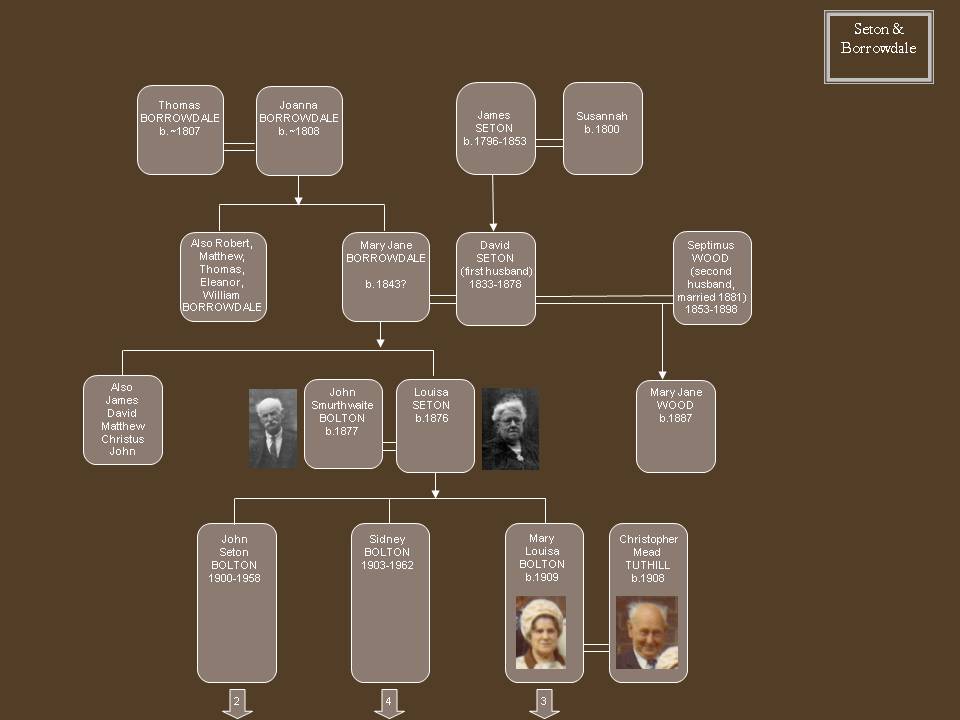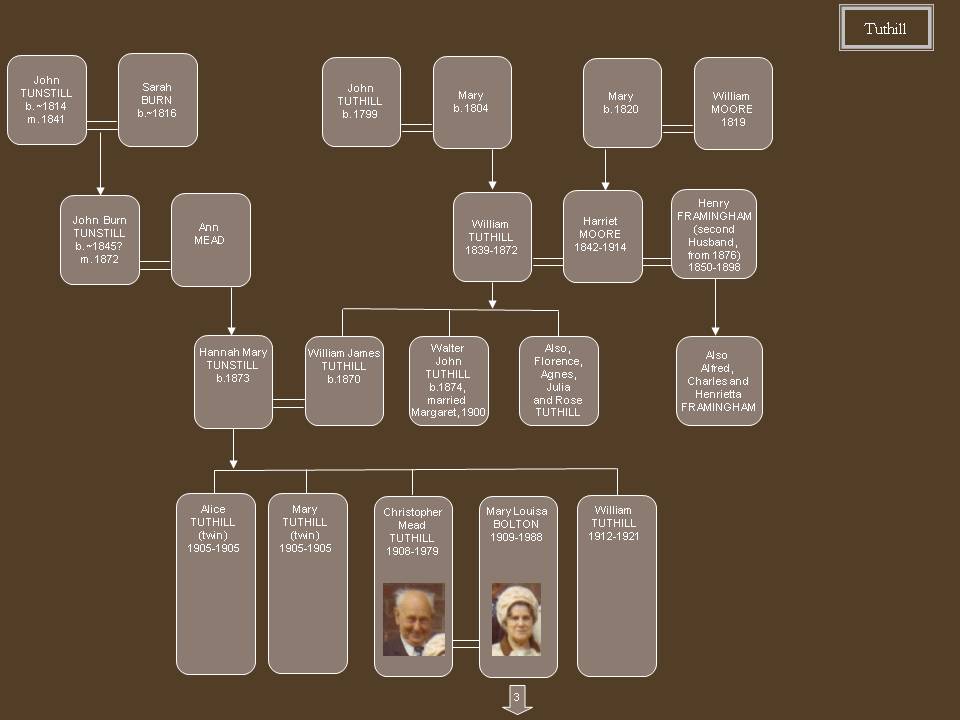A guide to family history research (in the UK). And No, I didn't do it this way! I made lots of mistakes and had many false starts!

- First ask questions of all the relatives you can find and make sure you won't be duplicating research someone else has already done,
- Then find all the original birth, marriage and death certificates (BMD) you can find, also documents such as old letters, photos, family bibles etc can give interesting clues.
- Keep careful records throughout, of course!
- The best place to start with genealogical research on the internet is Genuki as it covers everything.
- Second cousins, three times removed?? A chart here can help you work out how to describe these relationships.
- Research on the internet can begin with accessing further BMD data. It's best to start with the local indexes - see a rather patchy county-by-county access from here, or for direct access to local indexes, try the library in the locality. Free access to the national indexes here, up to around 1930. Scottish BMD data is available here for a fee - but the level of detail is excellent & you can search for free.
- If you find that there are several different people who all fit the age & location you are searching (eg 10 different John Smiths) then you'll need to try and narrow it down - that means more questions around the family, using the National Census, or paying for the certificates will mean you can see the full details on the certificate. (You can buy the BMD certificates you need from here (£7 each, but if you want to be sure, it saves a lot of wasted effort & time later!)
- Then you can access data on family groups, occupations etc from Census returns (link here to GENUKI's guidance on census in all parts of the UK). Always try & work backwards from what you know for sure!!!....Begin with the 1901 census, although access to 1911 census data is beginning to open up for England & Wales - search online (pay-per-view) at Find My Past here. Data in the England & Wales 1901, 1891 and 1881 censuses {censi??} are transcribed into searchable databases (free access to 1881 data via the Latter Day Saints website here, via FreeCen mainly for the 1891 census, and a limited service here on the 1901 census). These sources are good, but can be patchy - so you may like to buy credits for access to an image of the original 1901 document here, or all census returns at Ancestry.co.uk, or FindMyPast).
- Older Census returns can be accessed, back to 1841 in England & Wales via FreeCen (patchy) and also at Ancestry.co.uk.
- Then access to parish records can help to track relatives beyond 1837 (when BMD records began, or pre-1855 in Scotland) - these records are generally accessed in person locally, but some records are online (the Latter Day Saints site here, for example. Find out more here).
- If you know a relative was in the military, records can be searched in Ancestry.com (if you are a paid-up member), at the National Archives (for a £3.50 fee per search) - or free at the Commonwealth Graves Commission.
- You may find some interesting stories; Workhouses, Immigration, Emigration, (also the Ship's List) Trials & Prisons. Old newspapers (e.g family announcements and their 15 minutes of fame!) are searchable online free, here.
- If you feel you need to find some family who are still 'with us', there are all sorts of resources for 20thC. researches, but for a fee - such as this site, the BT archive of old phone books, or 192.com to search electoral rolls.
- Don't forget to share your researches with family members - something you have found may trip a memory that lay hidden before. Also the internet can help you to unearth relatives with whom your family had lost touch. (eg GenesReunited, Rootsweb, also regional family history societies)
- Best of luck with your searches!

